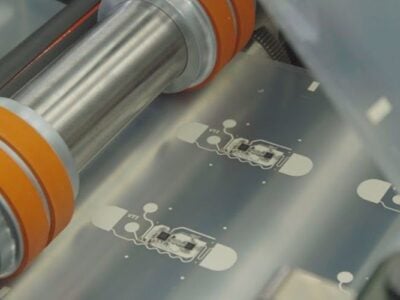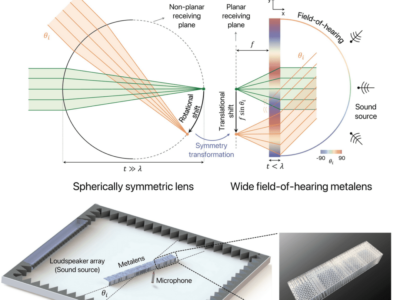
Quantum technology centre opened at Sheffield University
Quantum technologies cover a broad range of phenomena – including quantum computing – that depend on science beyond classical physics.
Quantum technologies are a broad range of new materials, devices and information technology protocols in physics and engineering. They promise unprecedented capabilities and performance by exploiting phenomena that cannot be explained by classical physics.
The Sheffield Quantum Centre includes a molecular beam epitaxy machine paid for by the UK government’s Engineering and Physical Sciences Research Council (EPSRC) at a cost of £2.1 million. The UK government has promised to spend £1 billion on quantum research over ten years.
A joint effort between the university’s departments of physics and astronomy, of electronic and electrical engineering and computer science, the Sheffield Quantum Centre will join a group of northern UK universities that are developing quantum technologies.
“The University of Sheffield has a 40-year history of pioneering developments in semiconductor science and technology and is host to the National Epitaxy Facility. With the addition of this new quantum technologies equipment I am confident our new research centre will lead to many new and exciting technological opportunities that can exploit the strange but powerful concepts from quantum science.” said Professor Jon Heffernan of the university’s department of electronic and electrical engineering, in statement.
Sheffield University was the origin of the startup company Stratium Ltd., a developer of bespoke quantum cascade lasers, now based in Cardiff, Wales.
Related links and articles:
News articles:
Google’s Sycamore quantum processor shows ‘supremacy’
AI architecture has quantum computing aspirations
IBM provides Germany with quantum computer
Quantum wells could keep electronics cool
 If you enjoyed this article, you will like the following ones: don't miss them by subscribing to :
eeNews on Google News
If you enjoyed this article, you will like the following ones: don't miss them by subscribing to :
eeNews on Google News




